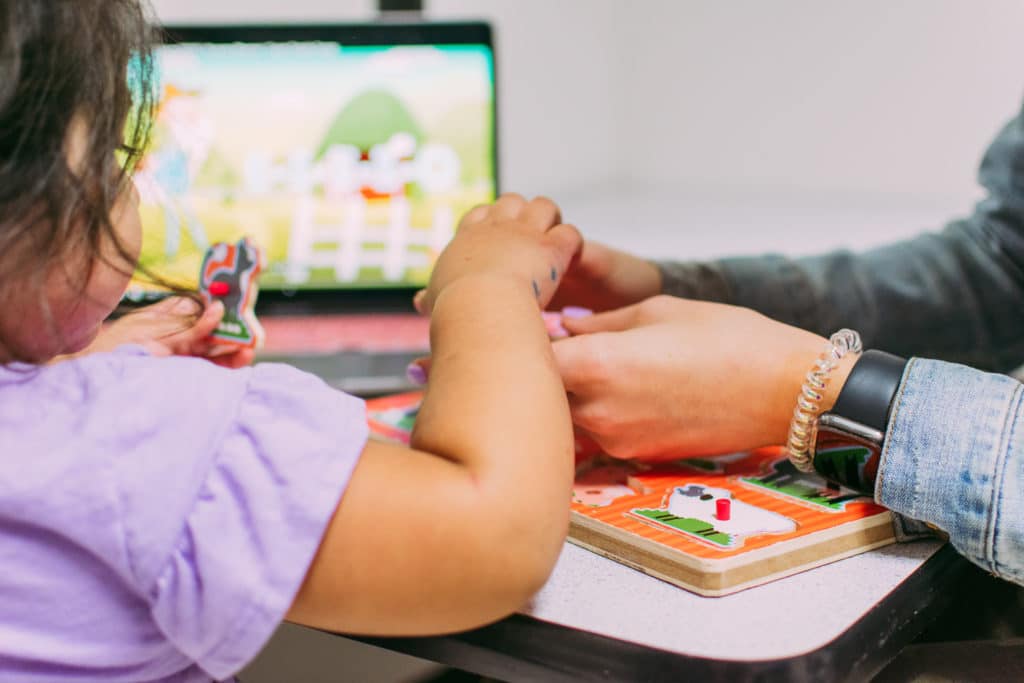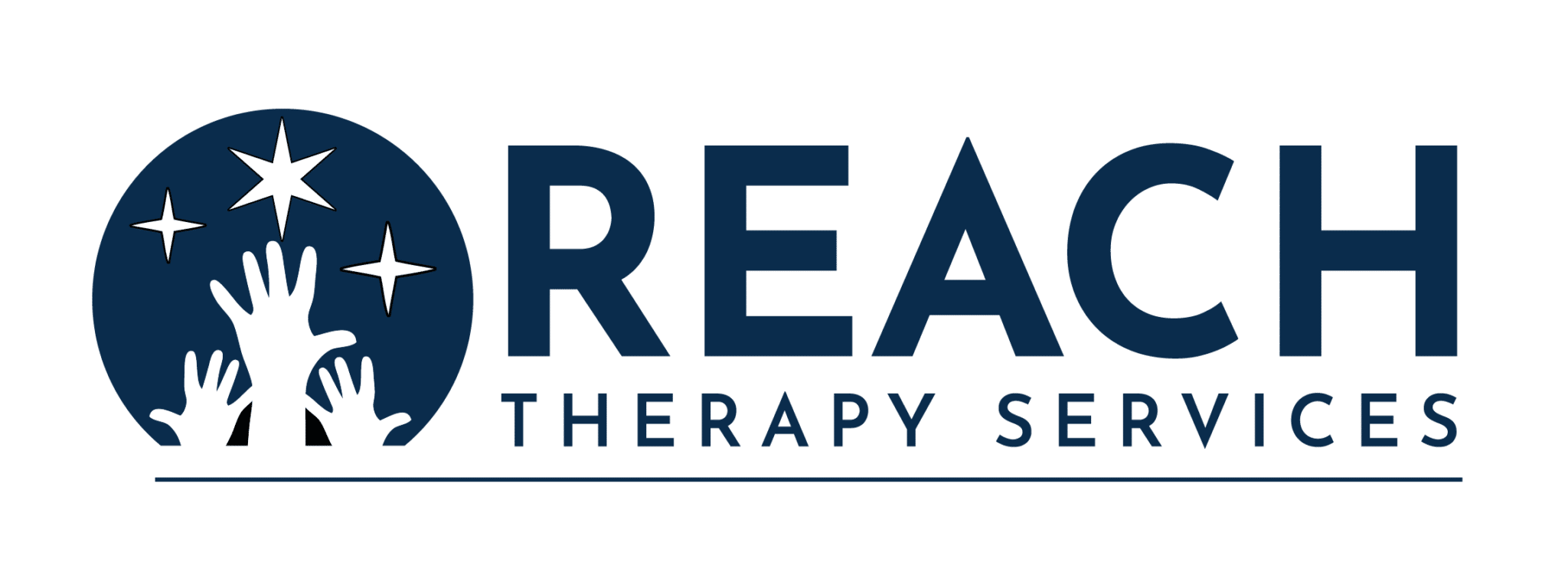OCCUPATIONAL THERAPY
Occupational therapy helps clients REACH beyond functional challenges and acquire skills needed to perform the activities of daily life. An occupational therapist can improve a child’s ability to interact with his or her environment and achieve independence in day-to-day activities.
WHY OCCUPATIONAL THERAPY?
Occupational therapists can help facilitate self-help skills, fine motor skills, visual motor skills, and sensory processing skills. Your child may be referred for an occupational therapy evaluation if he or she is having difficulty with grasping, feeding, handwriting, transitions, peer interaction, and/or dressing skills. Learn more about the clinical definition of Occupational Therapy from the American Occupational Therapy Association here

TREATMENT AREAS
We will work with your child so that he/she can participate in the areas of bathing, grooming, dressing, feeding, and playing.
Our occupational therapists will assist your child in learning how to develop fine motor skills so as to successfully master basic living tasks, such as: writing with a pencil (pencil grip), tying shoes, using scissors, zippering, and buttoning buttons.
If your child has difficulty with visual perception and eye control, he or she will be treated by our occupational therapists to be able to recognize objects in order, to make adjustments regarding size and spatial relationships, and to have the ability to use both eyes in a coordinated manner. It is important to note that our occupational therapists will not address your child’s need for corrective lenses, and this concern should be directed toward an optometrist or ophthalmologist.
All of the sensory systems including sight, touch, taste, smell, hearing, and even body movement and position, can all affect a child’s development. If your child has any sensory deficits, our team will use age-appropriate activities in order to help him or her regulate sensory input.
Eye-hand coordination, body awareness, balance, gross motor coordination, mobility, flexibility, and core strength are all crucial to your child’s success and self-esteem, as they all collectively will allow your child to participate in and master age-appropriate physical skills and activities (such as PE class) with their peers.
These skills allow for sensory information to be successfully understood by your child. Perceptual motor activities involve using the brain (cognitive skills) and physical skills simultaneously, like walking and talking at the same time.
Let’s REACH Together
Request An Appointment
Our team offers collaborative, evidence-based therapy approaches to an array of clients with developmental challenges in our outpatient clinic, daycares, homes, and schools.
